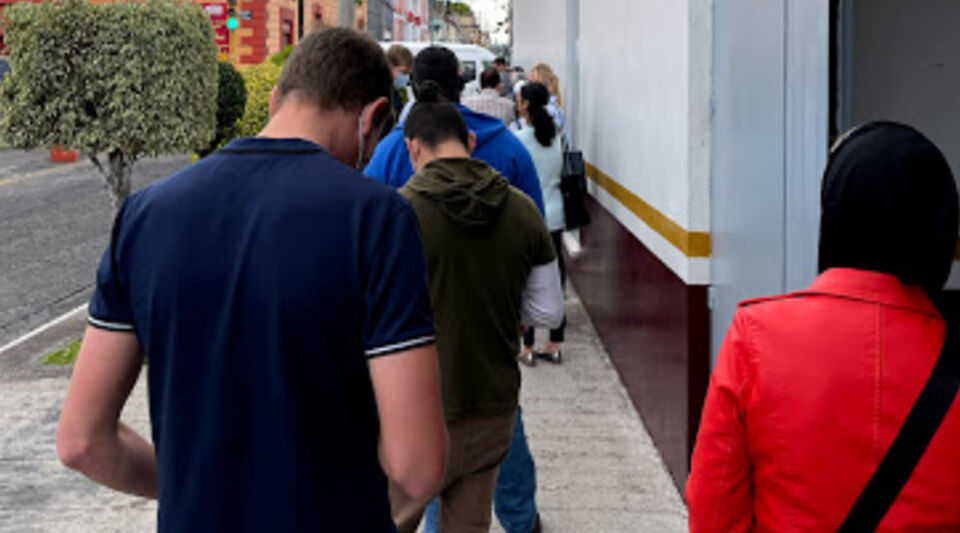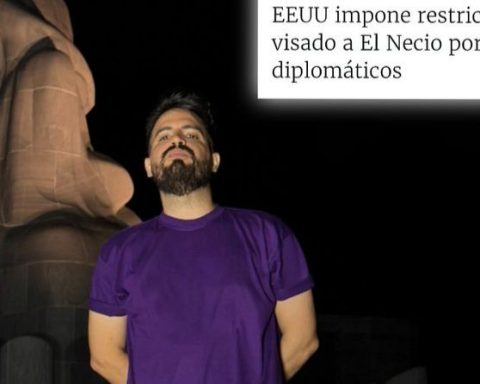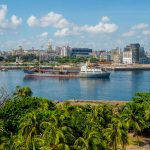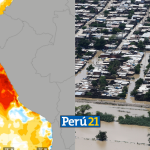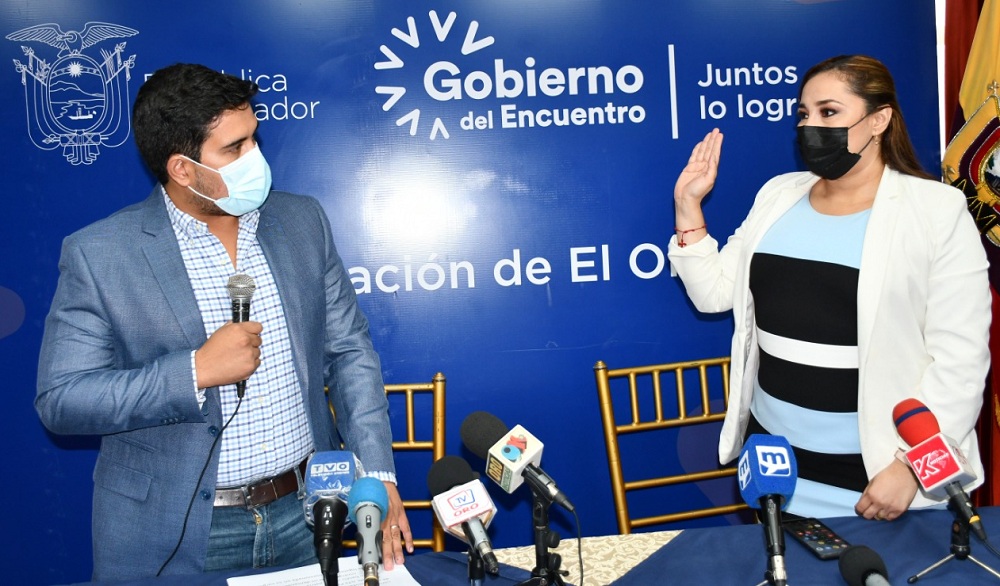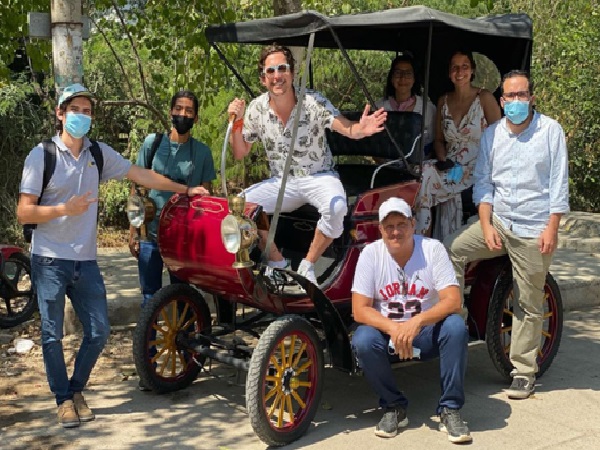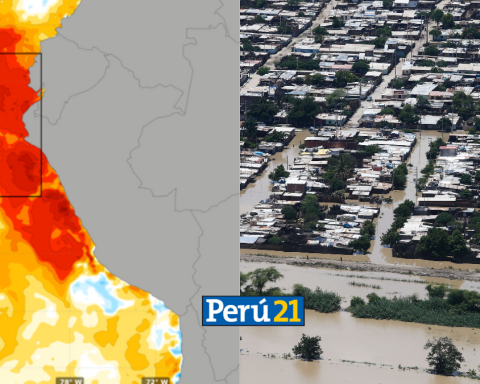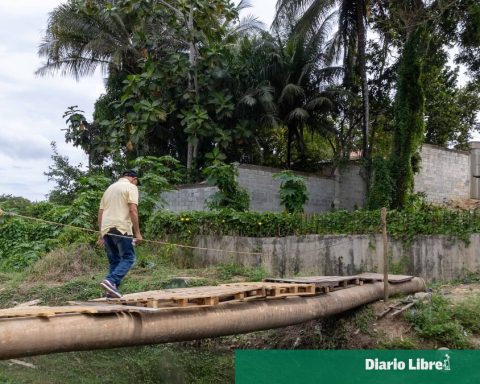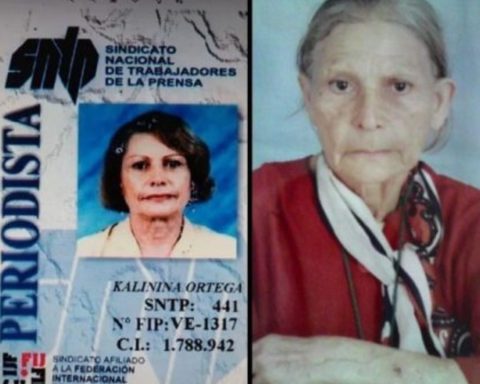Arrests with excessive use of force, withholding of documents, lack of medical attention, isolation and charges even for access to soap, were the conditions in which nine Cubans were kept in Mexican immigration centers in Puebla and Tlaxcala, revealed a report from the Ignacio Ellacuría Institute of Human Rights (Idhie) and the Department of Social Sciences of the Universidad Iberoamericana in Puebla.
In these centers, and based on 45 interviews conducted between 2020 and 2021, “migrants are processed in an inadequate way,” the investigation concluded. The person in charge of Immigration Affairs of the Idhie, Guillermo Yrizar Barbosa, affirms to 14ymedio that due to the conditions exhibited, these sites “can be considered torturous spaces”.
Jorge, a 39-year-old Cuban, spent 26 days locked up in the Puebla immigration center. “They treated me like a maximum security prisoner,” he said in the interview and even assured that he had suicidal thoughts. “For them -the agents- we are dogs. Migrants are worth nothing,” he stressed, emphasizing that he lived through “hell.”
The testimonies uncovered the irregularities inside the INM centers. Everything has a price and is defined by those in charge: a small bathroom soap is sold for 2 dollars, for making a 3-minute local call you have to pay 5 dollars and a cleaning kit costs 10.
“Fear dominates you. The police threaten to put you on the list for deportation, but you give them money and they let you out”
To this, we must add the lack of doctors. A person with epilepsy had to give two dollars to access his drugs. The only advice to which migrants have access is private and is provided for $1,000 by the Castelli law firm or, where appropriate, make deposits of between $500 and $700 to the guards” to let them out, as was the case with a migrant from Costa Rica, who “spent hours” after paying the agents.
“Fear dominates you. The police threaten to put you on the list for deportation, but you give them money and they let you out,” Ernesto, a Cuban who is about to receive his humanitarian visa and spent 12 days in the prison, tells this newspaper. Las Agujas immigration station, located in Mexico City. “They arrested me because I had no papers.”
The lack of migratory documentation in Mexico is not a crime or a misdemeanor, but an administrative fault, for which a criminal sanction cannot be imposed. Based on the Immigration Law in force, the INM is the institution that decides if a person is expelled or deported.
José, another of the Cubans interviewed, spoke of the psychological pressures to which migrants are subjected and the mistreatment. “It is a human right to migrate” and seek a better way of living, he assured, but when he fell into a migration center he faced “acts of corruption” and was treated as “a criminal.”
However, some migrants cannot bear the pressure. The Idhie documented in its report that in Puebla a Cuban “tried to hang herself with clothes and blankets from the only basketball hoop that is in the small patio of the immigration station.” The citizen of the Island said that “she couldn’t stand being in there, without information about her case and being mistreated.”
________________________
Collaborate with our work:
The team of 14ymedio is committed to doing serious journalism that reflects the reality of deep Cuba. Thank you for joining us on this long road. We invite you to continue supporting us, but this time becoming a member of our newspaper. Together we can continue transforming journalism in Cuba.
